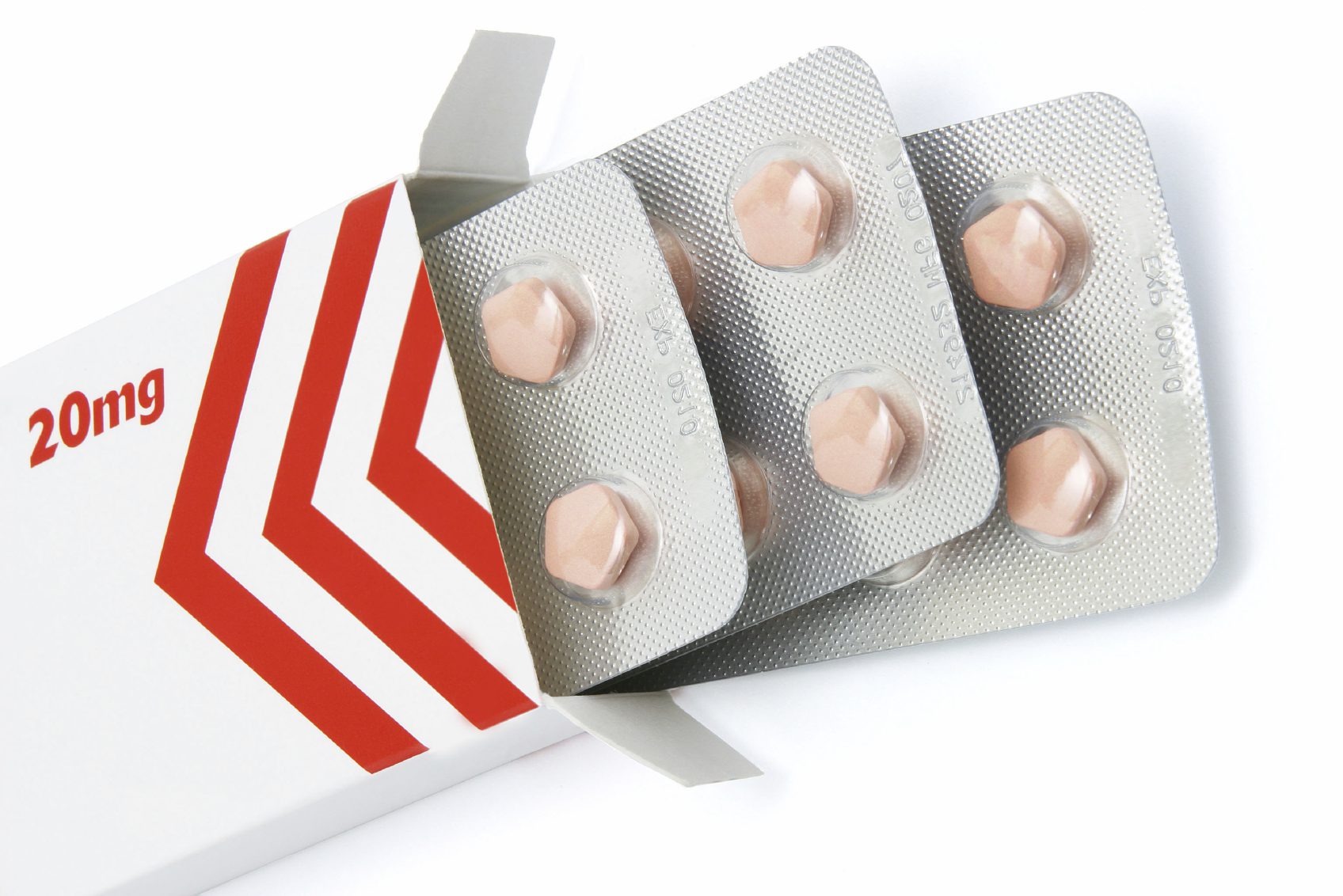The proliferation of drug delivery options makes it harder today to ensure active, placebo and comparator products used in clinical trials look and feel the same.
Yet proper blinding of clinical supplies, including pre-filled syringes, inhalers, and transdermal patches, has never been more important. With the rising costs and risks of clinical development, it’s imperative to reduce bias by keeping treatment assignments concealed from certain clinical trial participants. In the worst case scenario, a discolored plunger rod or the incorrect label font on an inhaler could break this blind unintentionally, compromising clinical data and leading to study termination.
This webinar, “How to Avoid Breaking the Blind in Clinical Trials”, offers risk mitigation strategies for clinical supply professionals and those in key functional adjacencies. It will provide information about protecting the blind when using new drug delivery technologies for biologics as well as traditional dosage forms.
Though there are many ways to accidentally break the blind in a clinical trial there are few educational resources or publications available to prevent these troubling incidents(1). Most organizations involved in conducting clinical trials do provide basic training about this subject, including Annex 13 rules for deliberately breaking the blind in the event of a medical need(2). However, clinical supply managers are often forced to learn the intricacies of blinding the hard way when someone or something inadvertently reveals who is receiving an experimental treatment.
The blinding strategies provided in this webinar will span the clinical supply management process from pharmaceutical development, through trial design and planning, quality control, distribution and clinical site communications. It will also touch on important organizational topics related to protecting the blind such as managing change, risk evaluation, and decision making.
Ensuring active, placebo, and comparator products are indistinguishable in a clinical trial is one of the most important yet undervalued responsibilities of clinical development professionals. A review of best practices in this area, tips for risk mitigation, and an update on techniques for blinding new packaging types will help these professionals contribute to the ultimate goal of delivering unbiased clinical data.
Key Learning Objectives
- Develop methods for training others in clinical supply blinding techniques
- Improve organizational approaches for integrating risk evaluation into decision making
- Evaluate risk mitigation strategies based on real world examples
References:
1. The Blinding of Materials in Clinical Trials: Essential Processes for Ensuring the Integrity of Clinical Study Data by Sandra Cook, Steven Yoder, Christina Owings, Barbara Campbell, and Charles Gentile, Pharmaceutical Engineering, January/February 2014.
2. EU Guidelines to Good Manufacturing Practice Medicinal Products for Human and Veterinary Use, Annex 13 Investigational Medicinal Products, 03 February 2010.
Speaker

Susan Diehl, Project Manager, Fisher Clinical Services
Susan Diehl, Project Manager, Fisher Clinical Services – Susan Diehl began her career at Fisher Clinical Services in August, 1997, as the Supervisor of the label group with particular focus on label print operations. Her experience has led her to develop multiple processes involving labels; including booklets, translations and country specific regulatory requirements. With over 17 years of experience in Clinical Packaging and Labeling, Susan trains and provides customer service and support for labeling and packaging in compliance with Annex 13, Health Canada, South American and Country Specific Regulatory Labeling Compliance. She is a Master Trainer, PPI Facilitator, has received Impact Awards for Values and Quality as well as numerous Inspire Awards for her service and dedication in addition to developing multiple training programs. Susan received her degree from Allentown College in 1988 in Business Management.
Who Should Attend?
Clinical teams, plus professionals in clinical supplies, logistics and outsourcing, including those working within:
- Clinical operations
- Clinical supplies & investigational supplies
- Investigator sites
- Clinical packaging
- Clinical labeling
- Clinical quality assurance/quality control
- Regulatory affairs
- Clinical project management
- Clinical development
Xtalks Partner
Fisher Clinical Services
Fisher Clinical Services is the world’s leading provider of clinical supply chain services. With a network of cGMP facilities strategically located across the globe to support the conduct of clinical trials, we offer worldwide support for all aspects of clinical supply management including comparator, co-medication and ancillary supply sourcing, packaging, labeling, distribution, storage, through to returns and destruction. With more than twenty years of experience exclusively focused on clinical trials, we can offer guidance and full logistics support across all types of clinical programs and projects.
You Must Login To Register for this Free Webinar
Already have an account? LOGIN HERE. If you don’t have an account you need to create a free account.
Create Account




